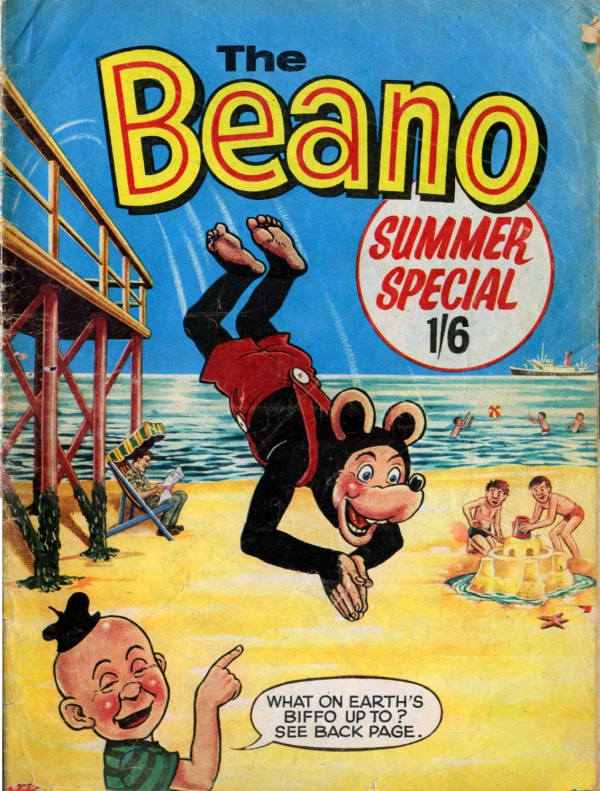So one day way back last summer, my friend Pep tells me about this book he’s recently published, Un ball per la República, which is the story of the Spanish Civil War and the Republic in the village of Alcampell where he grew up. And so we get talking and I ask if he’s going to do an English version, but he says it’s impossible because it’s published by a small Catalan publisher, and I suggest blogging about the book and, you know, making it more than a “book”, with hyperlinks and maps & photos and all the sorts of stuff that a small publisher can’t afford to do, even if they had the vision. Pep loved the idea and A Dance for the Republic was born.
I’m sure “the author” will excuse me for saying that he had a very linear & chronological approach to writing and it took him a few meetings to get his read around the idea of using the blog structure as a platform, the use of categories etc. Check it out if you’re at all interested in the subject matter or how an “online book” can work.
#ict4rd
Ricard Espelt is well known to visitors of this blog for both his role as councillor for new technology in the village of Copons, as well as interviews & posts for TalkingAbout. Right now Ricard is doing a Phd on technology & rural communities and I’ve been helping him a little on his English language blog which he describes as:
“This blog is a platform to communicate with the rural communities and develop a research space for my Phd. My intention is to use this blog to help my Personal Learning Environment to find more connections and more dialogues with the rural-local researchers.”
So here we have blog repurposed as a publicly available academic research document and communication vehicle. Check it out here
[gfa]
[gfa] is the working title of a blog which we are using to document the investigation into the fascinating and obscure of life of Ana’s grandfather, Gerardo Fernández Agüadero. Read the post about it here or go to the blog itself







